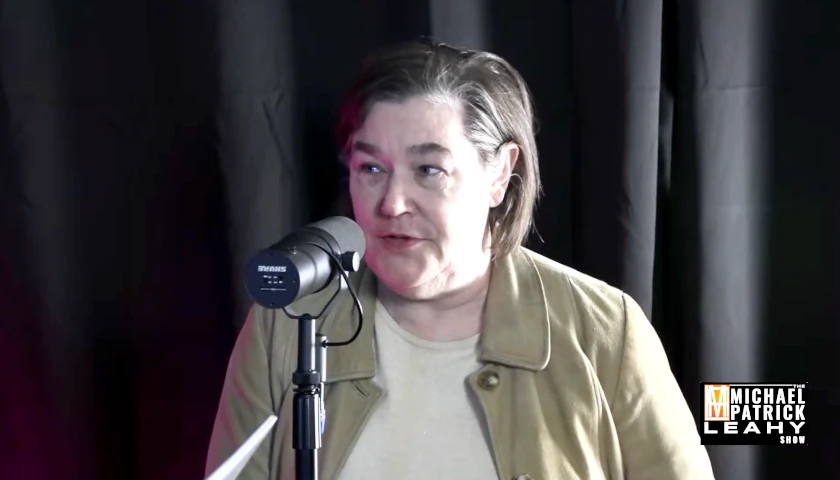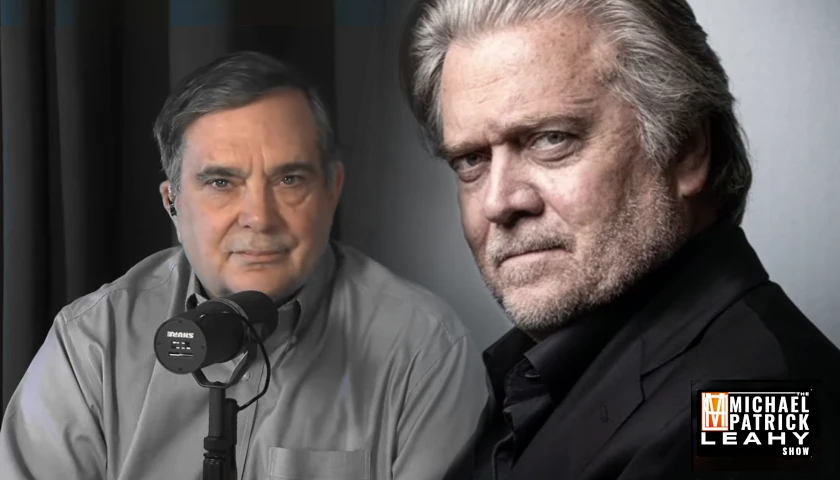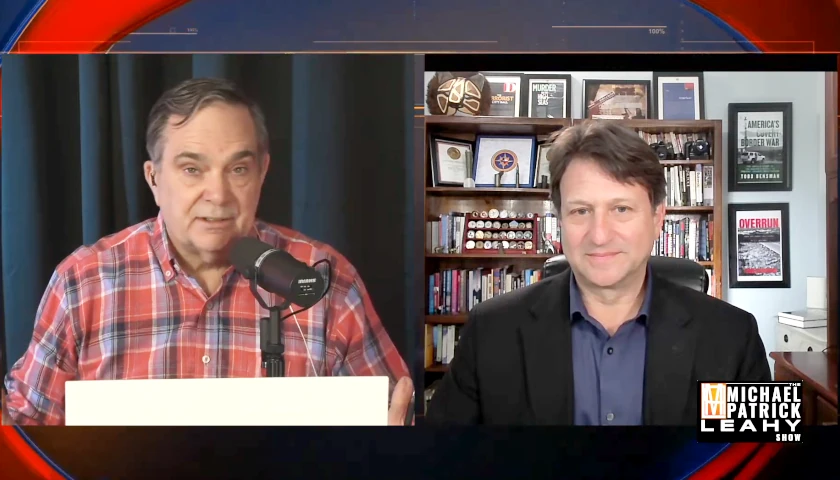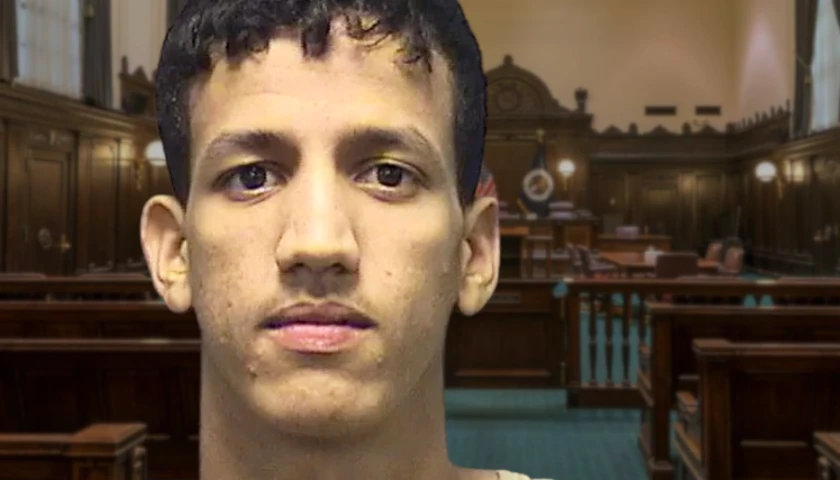Emily Evans, head of the Committee to Stop an UnFair Tax, is warning that the multi-billion dollar transit referendum presented to Nashville voters on the November 5 general election ballot is “unfair, unsafe, and unnecessary.”
Nashville Mayor Freddie O’Connell’s transit plan, “Choose How You Move: An All-Access Pass to Sidewalks, Signals, Service, and Safety,” would be funded by a half-cent increase in the city’s sales tax to construct miles of new sidewalks, bus stops, transit centers, parking facilities, and upgraded traffic signals throughout Nashville.
While the plan is estimated to cost $6.9 billion, the language approved for the ballot describes the plan as a $3.1 billion project.
From now until Election Day, voters have the opportunity to approve or disapprove of the increased tax to fund the proposal at the ballot box.
On Friday’s edition of The Michael Patrick Leahy Show, Evans explained that approximately 66 percent of funding generated for the proposal would go towards expanding the city’s public system, WeGo, which Evans said is “unnecessary” as only 2 percent of the city’s population consistently rely on the transportation service.
“About 6,000 people rely on public transportation in Davidson County to get to work. That’s according to the American Community Survey that the Census Bureau runs. Overall, it serves less than 2 percent of the population. So it’s a tiny part of the population that it would serve,” Evans (pictured above) explained.
Evans added that Nashville’s biggest transportation issue is congestion on the interstates, which an expanded bus system would not address.
“The biggest transportation problem we have is on the interstates. People coming in from Rutherford County, Murray County, Wilson County, etc. It will not address that problem,” Evans said.
When it comes to safety concerns surrounding the mayor’s proposed transit plan, Evans said that the planned 24-hour, seven-day-a-week WeGo service does not include any plans to “secure the system” with additional police presence or other security measures, which Evans added will drive more of the crime element into the public service.
“When you’re operating a system 24/7/365, you have to secure that system. There’s a reason the MAPCO clerk is behind bulletproof glass at 2:00am. There’s a reason for that. That’s to keep the MAPCO clerk safe. So you have to secure it with cameras or whatever, but you have to secure the system. There is no plan for that. There’s no additional police resources requested. There’s no discussion of additional police resources because they would be very expensive. The increase in the operating budget proposed here is about $110 million, and you could easily double that if you were to create a transit force to secure the system in those hours when nobody is on it,” Evans explained.
Evans stressed that the lack of security surrounding WeGo stops and routes is what drives criminals to the public service.
“The reason why people who want to do others harm show up in places like WeGo buses at odd hours of the day is because there’s nobody there to defend that person that you might be trying to attack. So your risk for hurting someone or from stealing from them or whatever bad thing you’re up to is greatly diminished when there’s no people around,” Evans said.
Evans also explained how the transit plan is “unfair” for Nashvillians for a number of reasons, including how sales taxes are “regressive” and increases to the tax “hurts lower income people the hardest.”
“Sales taxes are regressive. This is well known. A poor person will spend more money on sales tax as a percentage of their income than a wealthy person,” Evans explained. “So that’s the first thing. It’s regressive and it hurts lower income people the hardest.”
In addition to only serving a fraction of the population, Evans also pointed out how the transit plan would usher in a plethora of federal regulations as the proposal heavily relies on federal grants as a revenue source for the transit plan.
“It’s attached to this federal policy to change local land use laws. The federal government has very few tools to influence local behavior…but what they can do is attach your behavior as a local government to the money they will give you,” Evans explained.
Evans said changes to local land use laws championed by the federal government would change not only the “structure” of Nashville neighborhoods but also their ” culture.”
For more information on Evans’ opposition to Mayor O’Connell’s “Choose How You Move” transit plan, visit www.notransittax.com.
Watch the full interview:
– – –
Kaitlin Housler is a reporter at The Tennessee Star and The Star News Network. Follow Kaitlin on X / Twitter.




